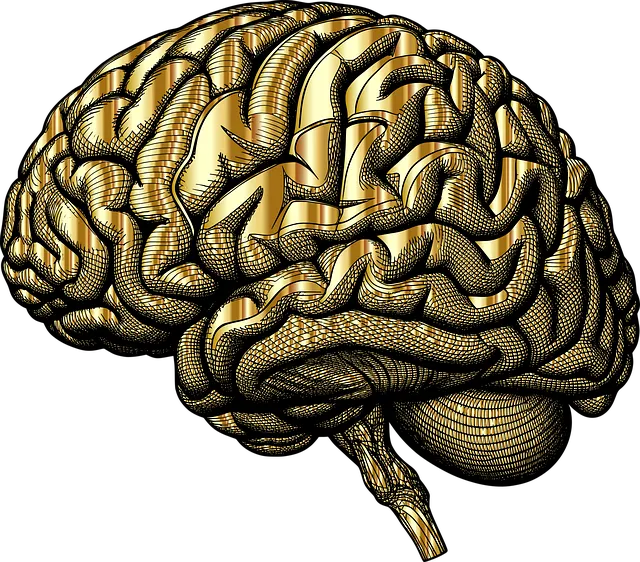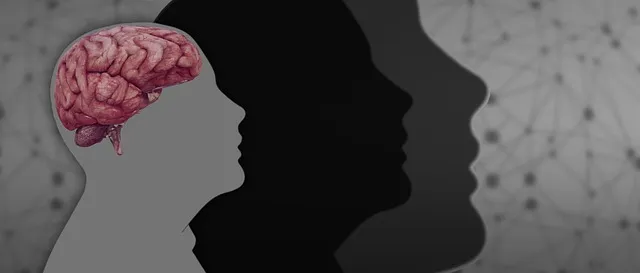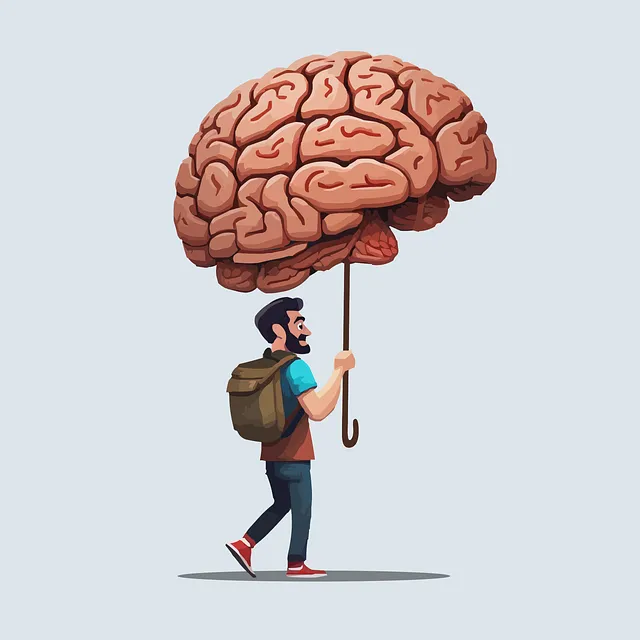Kaiser Permanente mental health jobs in Superior stand out for their comprehensive approach, focusing on teaching effective coping strategies through workshops and therapy sessions. They prioritize cultural competency training and evidence-based practices like mindfulness meditation and Compassion Cultivation Practices (CCP). By encouraging self-reflection, journaling, and education about adaptive methods, they empower individuals to improve mental wellness and prevent conditions like depression. Their holistic approach includes stress management, conflict resolution, and building supportive networks, fostering resilience and enhancing quality of life for all members and staff.
Coping skills are essential tools for navigating life’s challenges and maintaining mental well-being. In today’s fast-paced world, where stress and anxiety are prevalent, understanding and developing effective coping strategies is more crucial than ever. This article explores the significance of coping skills in mental health support, with a focus on the role of organizations like Kaiser Permanente. We delve into evidence-based practices, provide a step-by-step guide for professionals, and share inspiring real-life stories of transformation through superior coping skills development.
- Understanding Coping Skills and Their Significance in Mental Health Support
- The Role of Kaiser Permanente Mental Health Jobs in Teaching Effective Coping Strategies
- Identifying Personal Coping Mechanisms: A Step-by-Step Guide for Professionals
- Evidence-Based Practices for Enhancing Coping Skills in Diverse Populations
- Building Resilience: How Coping Skills Development Can Transform Lives (Inspiring Real-Life Stories from Kaiser Permanente)
Understanding Coping Skills and Their Significance in Mental Health Support

Coping skills are essential tools for maintaining mental well-being and managing life’s challenges. They empower individuals to navigate stress, adversity, and difficult emotions effectively. At Kaiser Permanente, mental health jobs often involve teaching and fostering these coping mechanisms as part of comprehensive patient care. The organization recognizes that superior mental health support goes beyond treating symptoms; it equips individuals with sustainable strategies to thrive.
In the context of a bustling society grappling with mental illness stigma reduction efforts, coping skills become even more vital. Stress management workshops within the organization aim to educate and empower patients, providing them with practical tools for mood management. By integrating these techniques into daily routines, individuals can enhance their resilience and overall mental health, ultimately leading to improved quality of life.
The Role of Kaiser Permanente Mental Health Jobs in Teaching Effective Coping Strategies

At Kaiser Permanente, mental health jobs play a pivotal role in teaching effective coping strategies to individuals across diverse communities. Through their superior programs and services, healthcare providers are equipped with evidence-based techniques that foster resilience and emotional well-being. One such strategy gaining prominence is mindfulness meditation, integrated into routine therapy sessions to help patients manage stress, anxiety, and depression.
Moreover, Kaiser Permanente prioritizes cultural competency training for its mental health workforce. This ensures that providers understand and address the unique needs of diverse patient populations, boosting confidence in their ability to deliver tailored care. By combining these innovative practices with a commitment to continuous learning, Kaiser Permanente mental health jobs set a high standard for promoting mental health and coping skills development within the community.
Identifying Personal Coping Mechanisms: A Step-by-Step Guide for Professionals

Identifying Personal Coping Mechanisms is a crucial step for individuals seeking to enhance their mental wellness, and it’s a key area where professionals at Kaiser Permanente mental health jobs in Superior can make a significant impact. This process involves a deep exploration of an individual’s unique strategies for navigating stress, challenges, or traumatic events. It begins with self-reflection: encouraging clients to pay attention to their thoughts, feelings, and behaviors during difficult times. Journaling can be a valuable tool here, allowing individuals to track patterns and triggers.
Next, professionals can guide them in evaluating these coping mechanisms. Are they adaptive and promoting long-term mental health or potentially harmful? This step involves educating clients about different types of coping strategies, such as problem-solving, emotional awareness practices, or seeking social support. Through this process, individuals gain a deeper understanding of their personal resources and learn to strengthen their innate resilience. It empowers them to make informed choices regarding their mental wellness, setting the stage for effective intervention and development, even in the face of challenges like depression prevention.
Evidence-Based Practices for Enhancing Coping Skills in Diverse Populations

In the realm of mental health support, evidence-based practices play a pivotal role in enhancing coping skills across diverse populations. Organizations like Kaiser Permanente, renowned for their mental health jobs, have pioneered several effective strategies. One such game-changer is Compassion Cultivation Practices (CCP), which focus on fostering empathy and understanding, thereby boosting individuals’ ability to cope with stress and anxiety relief. By integrating mindfulness and self-compassion into daily routines, CCP offers a vibrant, bustling solution tailored for various demographics.
Additionally, simple yet powerful tools like Mental Wellness Journaling Exercises gain traction as evidence-based coping mechanisms. This journaling guidance encourages folks to reflect on their thoughts and emotions, serving as a tangible way to process experiences. In today’s digital era, such practices resonate deeply with many, promoting mental wellness and offering a peaceful sanctuary from the hustle and bustle of daily life. Superior coping skills development, thus, becomes accessible to all through these evidence-backed interventions.
Building Resilience: How Coping Skills Development Can Transform Lives (Inspiring Real-Life Stories from Kaiser Permanente)

At Kaiser Permanente, we understand that building resilience is a cornerstone of overall well-being, especially in our mental health jobs. Coping skills development plays a transformative role in empowering individuals to navigate life’s challenges with greater ease. Through innovative programs and dedicated support, we’ve witnessed inspiring real-life stories of growth and recovery among our members and staff.
By integrating techniques like conflict resolution and social skills training, Kaiser Permanente aims to prevent burnout and foster healthier relationships. These strategies not only enhance personal resilience but also positively impact professional lives. Our approach prioritizes holistic development, ensuring individuals are equipped with the tools needed to handle stress, resolve conflicts constructively, and build a supportive network—all vital components for leading fulfilling lives free from the burden of mental health struggles.
Coping skills development, as highlighted by the insights from Kaiser Permanente’s superior mental health jobs and inspiring real-life stories, is a transformative process that equips individuals with effective strategies to navigate life’s challenges. By understanding personal coping mechanisms and implementing evidence-based practices, diverse populations can build resilience and enhance their overall well-being. The step-by-step guide provided offers professionals a valuable toolkit to support individuals in this journey, fostering better mental health outcomes.






